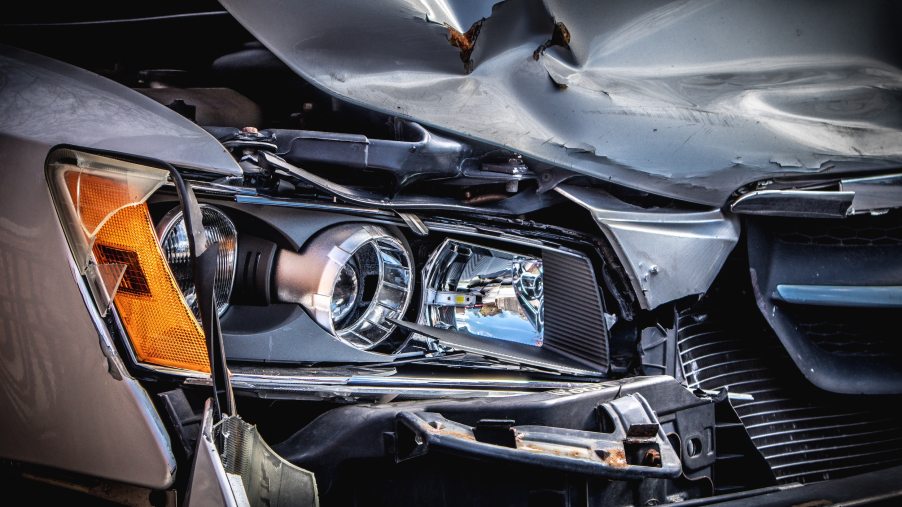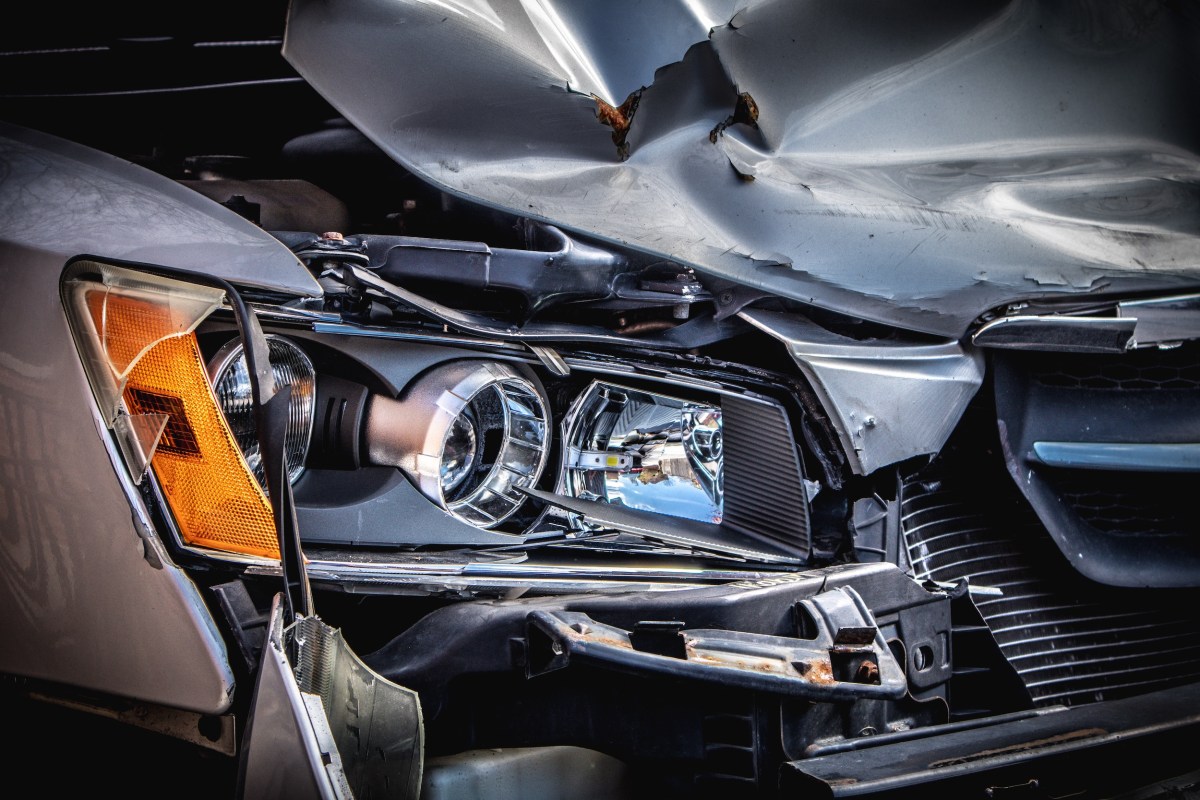
How to Know When It Makes Sense to Fix Your Car After a Car Accident, And When It Doesn’t
Accidents happen. At some point, we all end up in a car accident, or our car suffers weather-related damage. Sometimes it’s just a minor fender bender or something hardly noticeable. Other times the damage is severe enough that your car is undrivable, and your last sight of it is leaving on a flatbed truck. In those situations, it’s hard to know if it makes sense to fix your car or not.
How do you know when to fix your car after a car accident?

In most cases, minor or cosmetic damage is worth fixing. This includes light hail damage, cracked or broken glass, scratches, or dents. It is relatively inexpensive for most of these items. Sometimes a paintless dent removal place can do the job without breaking the paint and make the car look like nothing happened. Other damage like scratches or paint transfer can be fixed at home with products you can find at an auto parts store and some elbow grease. You’d be amazed at how much better your car can look after touching up and buffing the paint.
If you have broken trim or more moderate car damage like broken lights or damaged body panels, those items are usually worth fixing as well. Check your car insurance policy to see what’s covered and get estimates from several body shops. Depending on your deductible, it may make sense to file a claim. However, if the damage is $850 and your deductible is $1,000, it will usually be cheaper to pay for the repairs out of your own pocket, especially if your insurance company would likely raise your rates because of the claim.
If you drive an older car and the damage from a car accident does not make the car unsafe to drive, you may decide to live with it. Some people aren’t bothered by a few dents or scratches. They won’t fix the damage because they park on the street or feel the blemishes add character.
How do you know when it’s not worth fixing your car after an accident?
According to TrueCar, if your vehicle sustained any sort of structural damage in a car accident, they strongly recommend replacing it. Cars are designed with crumple zones to deflect or transfer energy from an impact and minimize the likelihood or severity of injuries. This improves your chances of walking away unharmed but means your vehicle will suffer more damage.
If a vehicle has any structural damage, it can be hard to assess the severity of that damage and repair it. Structural damage is costly to repair, and depending on the value of your vehicle, your insurance company may decide it’s cheaper to total the vehicle.
Other situations where it’s not worth fixing your car include flood or fire damage. If your vehicle was submerged in water for any period of time it will damage its electronics as well as the engine and drivetrain. It will also create mold and mildew in the car’s interior and climate control ducts. A fire can cause many of these same issues even if the car suffered relatively minor damage.
Is it worth fixing damage on a car?
If your vehicle wasn’t totaled after a car accident, it’s a good idea to get the car fixed by a reputable body shop. This is especially true if you plan to sell the car. A clean car with no cosmetic damage will command a higher price at resale time.
Another scenario is if you are leasing the car and plan to turn it in after the lease. Most lease agreements require the vehicle to be in good condition and free of damage, or you’ll be charged additional fees.
If the car was totaled, meaning the insurance company declared it a loss, it’s probably not worth fixing. Most of the time, insurance companies write off repairing a vehicle if the repair cost exceeds the value of the car. But there are some exceptions:
- If the car was stolen and later recovered with minimal damage. Insurance companies typically write off vehicles within a few days of being reported stolen. But if the vehicle was recovered in good condition or sustained minor damage, it might be worth buying back.
- If the car suffered cosmetic damage that was deemed too expensive to fix, but the car is still structurally and mechanically sound. Cars do get totaled for things like hail damage, so it’s worth looking at your options.
- The car is an older vehicle with little to no retail value, and the damage was minor, or new parts aren’t available to fix the car.
The drawback to repairing a salvaged vehicle is low resale value. A vehicle will be worth significantly less money if it has a branded title that indicates it was salvaged or rebuilt. But even if you don’t care about the car’s value, it may be more trouble than it’s worth keeping it. A totaled car or one that was flooded or suffered structural damage will never be the same as it was. It won’t drive the same or feel the same. While you may want to hang on to the car for sentimental reasons, sometimes it’s just best to move on.



